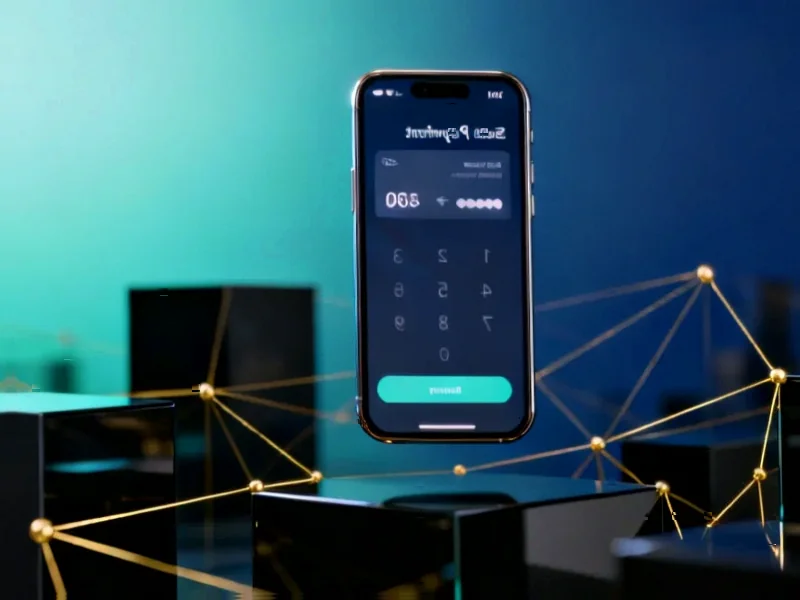According to Business Insider, ESPN has been unavailable on YouTube TV since October 30 due to a contract dispute between Disney and Google’s streaming service. Analytics firm Apptopia found that usage of competing streaming apps by YouTube TV subscribers spiked to over 35% each for Sling TV, Fubo, and DirecTV after the blackout began. Disney could be losing roughly $5 million in fees per day during the outage, while YouTube TV has offered its approximately 10 million subscribers a $20 discount. The dispute comes as sports dominate streaming charts and tech giants like Amazon and Netflix increasingly compete for sports rights.
Where fans are actually going
Here’s the thing about streaming wars – when content disappears, viewers don’t just sit around. They migrate. And the data shows they’re going exactly where you’d expect: to services that still have ESPN. Sling TV, Fubo, and DirecTV all saw usage spikes above 35% among former YouTube TV users. That’s massive movement in such a short timeframe.
What’s interesting is that the ESPN app itself saw smaller gains. Basically, people aren’t just downloading the ESPN app – they’re switching entire TV services. That tells you something about how people consume sports. They want the full channel lineup, not just standalone apps. And they’re willing to jump ship to get it.
The data isn’t perfect
Now, there are some limitations here worth noting. This only tracks mobile app behavior, though Apptopia claims it correlates well with broader viewing habits. More importantly, the data can’t separate Hulu + Live TV from regular Hulu since they share an app. So Hulu might actually be benefiting more than the numbers show.
Also missing? Cable companies. We have no way of knowing how many people just said “screw it” and called their local cable provider. My guess? Probably not many. Once you cut the cord, going back feels like admitting defeat.
The streaming sports arms race
This whole situation highlights something bigger happening in streaming. Sports rights are becoming the new battleground, and everyone wants in. Amazon has Thursday Night Football. YouTube just scored NFL Sunday Ticket. Netflix is dipping its toes in. And traditional players like Disney are fighting to protect their turf.
The crazy part? Sports are ridiculously expensive to license, which means these blackouts will probably become more common as contracts come up for renewal. We’re basically watching a high-stakes game of chicken between content owners and distributors. And subscribers are caught in the middle.
Disney’s in a tricky position here. They own multiple outlets for sports – ESPN, Fubo, Hulu – so they can potentially redirect viewers. But losing $5 million per day still hurts, even for a media giant. Meanwhile, YouTube TV risks becoming the service that lost sports right when sports matter most.
What happens next?
So how does this end? Probably with both sides losing money until someone blinks. YouTube TV subscribers get a temporary discount, but how many will actually come back if the blackout drags on? And how many will discover they actually prefer their new streaming service?
The real danger for both companies is piracy. When legitimate options disappear, people find other ways to watch. And once they find those illegal streams? They might not come back to paying $70+ per month for TV.
This feels like a preview of coming attractions in the streaming world. As sports rights get more fragmented and expensive, these disputes will become the norm rather than the exception. And subscribers? We’ll just keep hopping between services chasing the content we actually want to watch.




